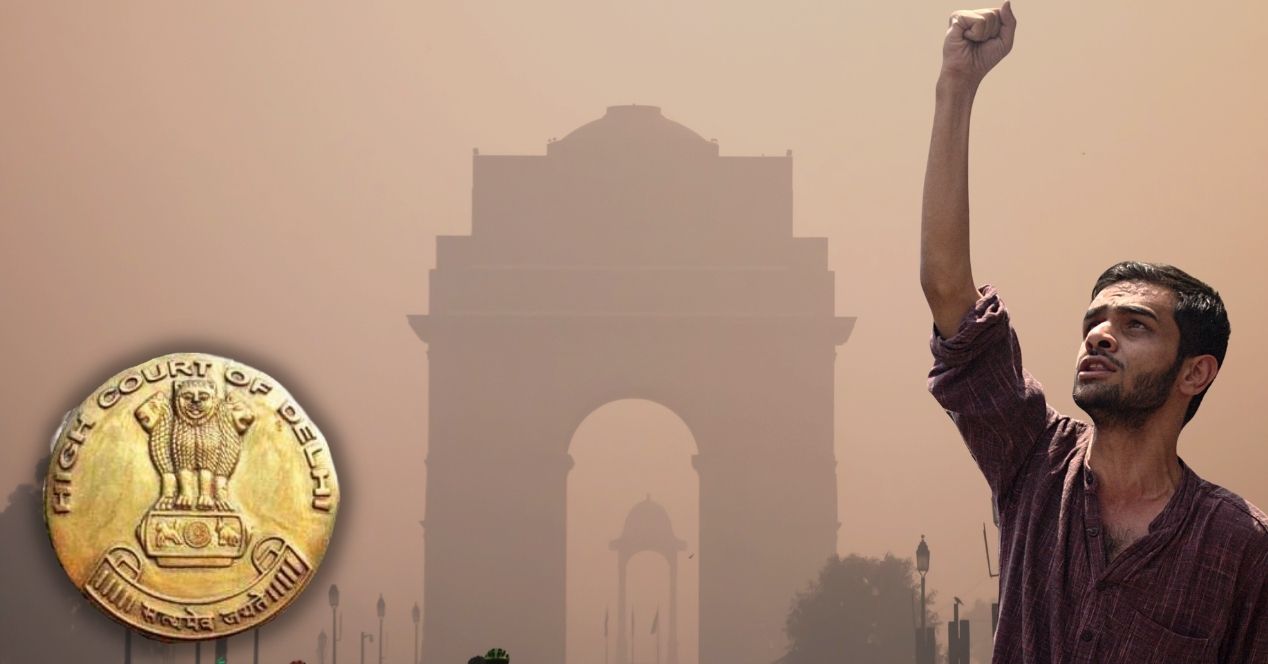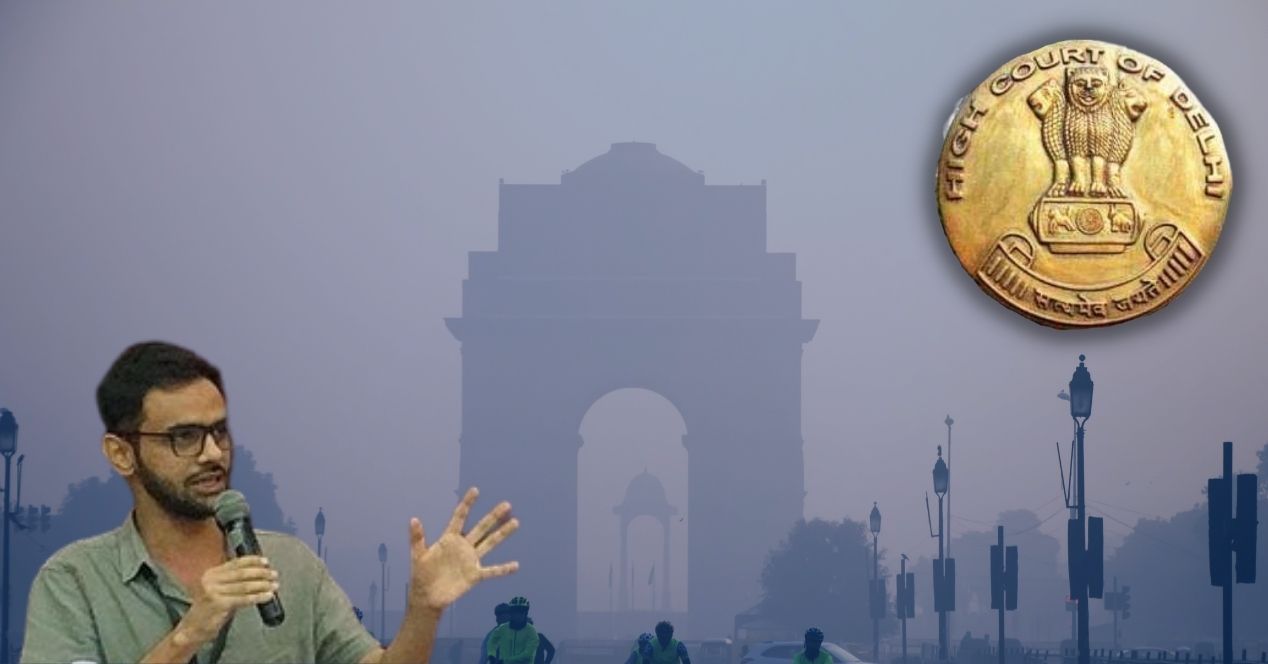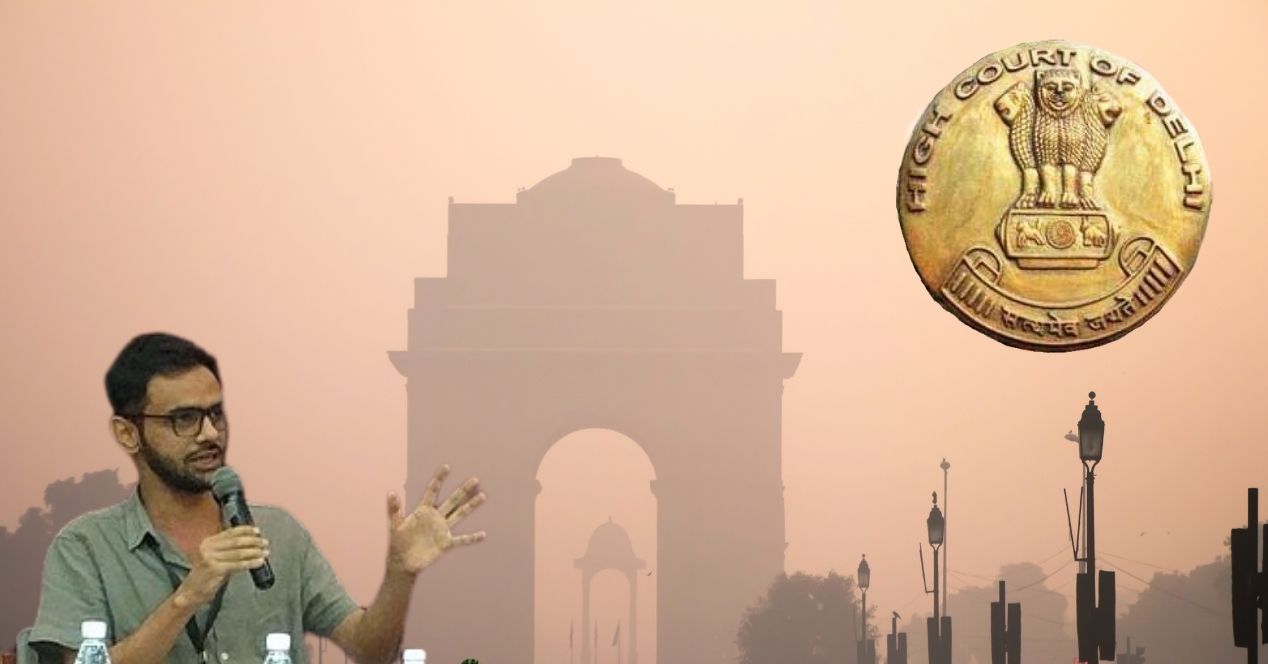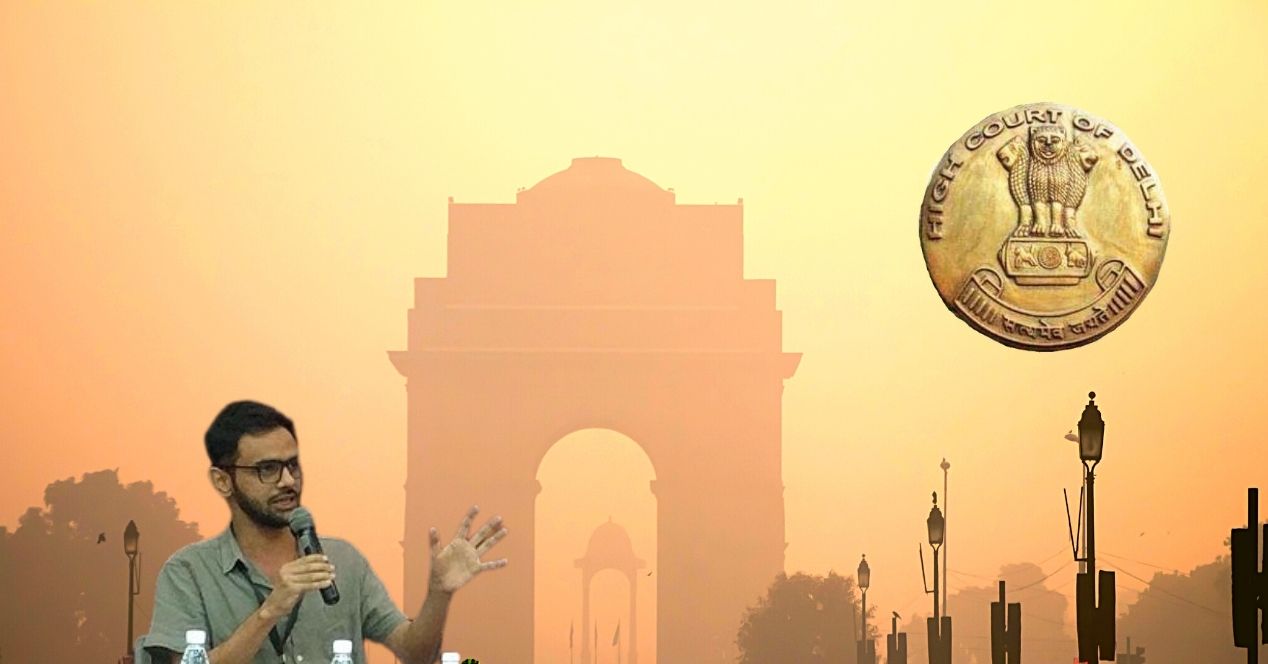Analysis
Delhi HC Refuses to Examine Reliability of Witness Statements in Umar Khalid Bail Hearing
Sr. Adv. Trideep Pais and the Bench locked horns on whether the Court should evaluate the veracity of evidence while granting bail.
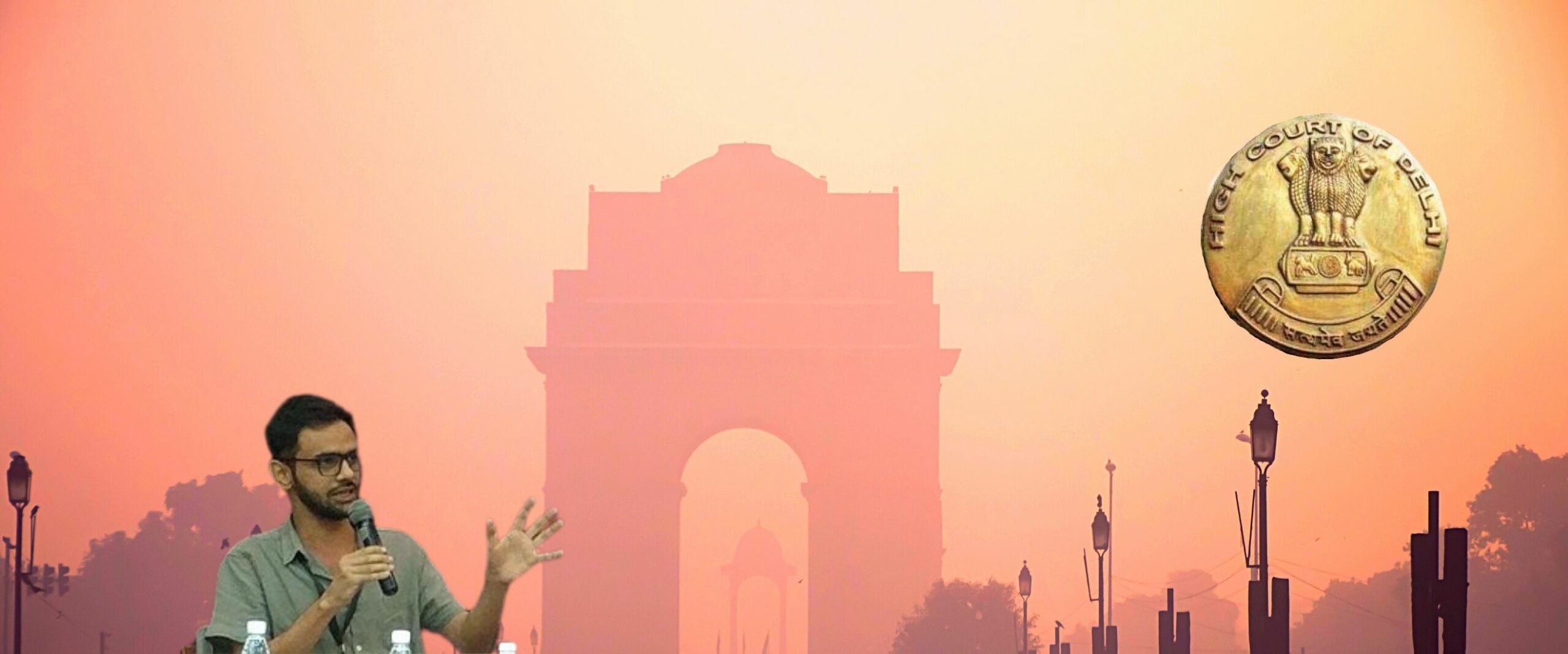
On May 25th, 2022, a special Bench of the Delhi High Court continued to hear arguments on activist Umar Khalid’s bail application. Senior Advocate Trideep Pais argued on behalf of Mr. Khalid before Justices Siddharth Mridul and Rajnish Bhatnagar. Mr. Khalid is charged with various criminal offences including sedition, and under the Unlawful Activities (Prevention) Act, 1967 (UAPA), for his alleged involvement in the 2020 Delhi Riots. A Delhi Sessions Court rejected his previous bail application on March 24th, 2022.
Previously, Mr. Pais stated that he would take the Delhi High Court through 17 instances where the Delhi Police’s charge sheet against Mr. Khalid made unsubstantiated ‘leaps’ in its accusations. In the previous hearing on May 24th, he completed describing 11 such instances.
Today, Mr. Pais perhaps set out to complete the remaining instances. Instead, the Bench and he locked horns on whether the Delhi High Court has to evaluate the veracity of the evidence relied on by an investigative agency.
Senior Adv. Pais: Inconsistencies in Witness Statements Make Them Unreliable to Assess Prima Facie Case
Mr. Pais narrated the 12th instance of ‘unreliable’ evidence in the Delhi Police’s charge sheet against Mr. Khalid.
The chauffeur of Tahir Hussain, former Aam Aadmi Party leader and co-accused in the Delhi Riots, deposed that he saw Mr. Hussain, co-accused Khalid Saifi, and Mr. Khalid meet at the Popular Front of India’s (PFI) office in Shaheen Bagh. PFI is considered by the Indian State to be an extremist Islamic organisation. Shaheen Bagh is of particular importance as it is the main site of protest against the Citizenship (Amendment) Act, 2019 (CAA)—opposition to which partly sparked the Delhi Riots in 2020. This witness statement was recorded twice—first in May 2020 and later in August 2020, just before Mr. Khalid’s arrest in September 2020.
Mr. Pais pointed out that in the first statement, the witness stated that when he drove Mr. Hussain to the office, Mr. Saifi and Mr. Khalid were already present. In the second statement, the witness stated that Mr. Saifi and Mr. Khalid walked in after Mr. Hussain. Further, for the first time, he discussed the nature of the meeting. He deposed that the three had met to discuss funding for acid and firearms and strategies to take the protest ‘to another level’. Mr. Pais argued that the inconsistency in the narration of events suggested that the witness statement was unreliable. Further, there was no proof to support the claims on the meeting’s agenda. He pointed out that the witness did not provide an address for the PFI office where the meeting allegedly took place. There was also no proof of communication between the three persons indicating their intention to meet.
Mr. Pais argued that the Sessions Court Order which rejected Mr. Khalid’s bail application in March 2022 recognised the contradictions and gaps in this witness statement. Yet, it concluded that the meeting took place at the PFI office.
Mridul J: In Bail Hearings, the Court Does Not Examine the Veracity of a Witness Statement
As Mr. Pais harped on the inconsistencies in the charge sheet, Mridul J interjected to inquire as to why the Delhi HC was being asked to examine the reliability of witness statements. He stated that as per the Supreme Court Judgment in National Investigation Agency v Zahoor Ahmad Shah Watali (2019), the Court is not required to test their veracity. This question initiated a focused review of the Judgment in Watali.
In Watali, the SC states that for a case to be ‘prima facie true’, the materials or evidence collated by the relevant investigating agency ‘must prevail until contradicted and overcome or disproved by other evidence, and on the face of it, shows the complicity of such accused in the commission of the stated offence. It must be good and sufficient on its face to establish a given fact or the chain of facts constituting the stated offence, unless rebutted or contradicted’. Mr. Pais brought the Court’s attention to this paragraph, arguing that the contradictions in the witness statements allowed the Court to question its reliability.
Mridul J was not convinced. He stated that for a bail application under the UAPA, the Court was required to examine if the evidence gathered shows that a prima facie case exists against the accused. The Bench may look at the prosecution’s claims in the charge sheet without questioning their accuracy. He exclaimed that by asking the Court to test reliability, Mr. Pais was demanding a mini-trial! Further, Mridul J stated that if the contradictory details were eschewed, or set aside for a moment, the two witness statements essentially made the same claim—that the three accused met at the PFI office in Shaheen Bagh.
In today’s proceedings, the Court read and re-read the paragraph in Watali on what it must consider when deciding if an allegation is prima facie true. A visibly frustrated Bench stated that they were not able to interpret the Judgment in the manner that the counsel was asking them to. Unable to arrive at a consensus on Watali, Mridul J remarked that under the UAPA, the burden to examine validity was a lot lower than other special laws such as the Maharashtra Control of Organised Crime Act, 1999 or the Terrorist and Disruptive Activities (Prevention) Act, 1987. An indignant Bhatnagar J stated that the Bench was experienced—they knew what to consider in a bail hearing, which was far from what Mr. Pais was asking of the Court.
The pedantic nature of the day’s hearings visibly affected the Bench. Mridul J was seen with his eyes closed, rubbing his temples before adjourning the hearings for the day. The matter will be heard next on Monday, May 30th, 2022.
Click here for a timeline of Mr. Khalid’s bail appeals at the Delhi High Court.

